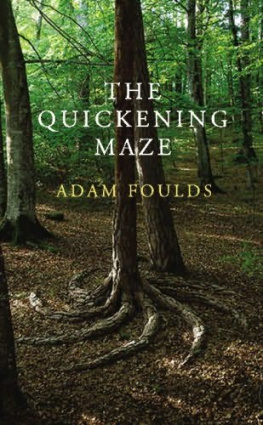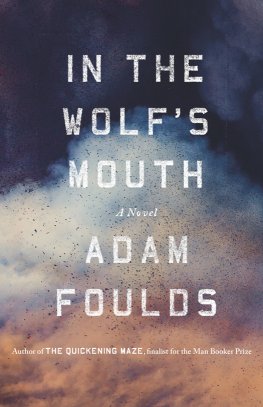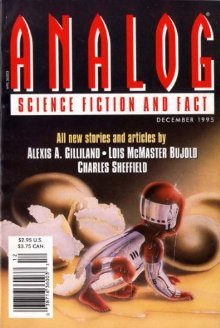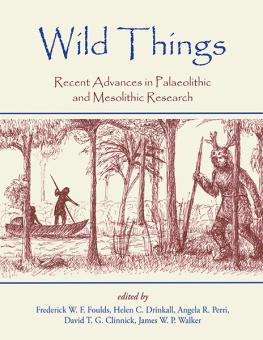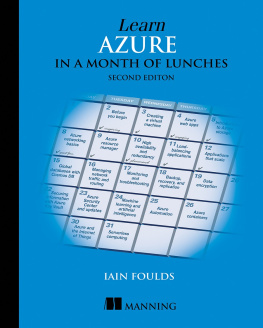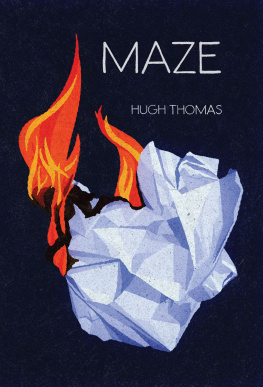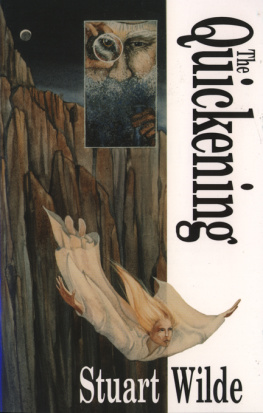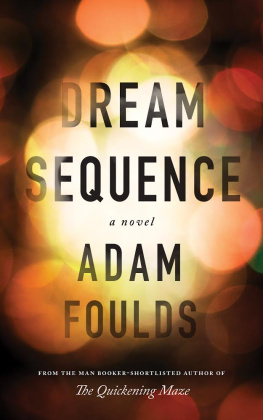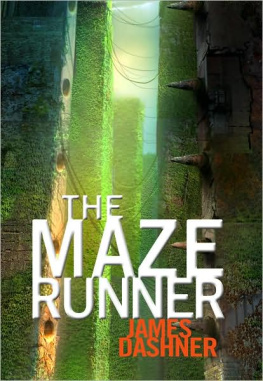ACKNOWLEDGEMENTS
Of the many books and journals consulted for this novel, I would like to acknowledge particularly Jonathan Bates John Clare, Roger Sales John Clare: A Literary Life, Robert Bernard Martins Tennyson: The Unquiet Heart, and Pamela Faithfulls PhD thesis Matthew Allen MD, chemical philosopher, phrenologist, pedagogue and mad-doctor, 1783-1845. Readers of these historical works will know that in shaping this material as fiction I have taken a number of liberties, compressing events that occurred over several years into the space of seven seasons and ignoring some significant individuals while inventing others.
Autumn
Abigail started neatly at a walk as her mother had just smartened her, plucking and smoothing her dress into place. She had run a fingertip down Abigails nose as she bent down with a crackle of her own dress and repeated the message to carry. But outside the door and with the sun warm through the trees and the path firm under her tightly laced boots, Abigail couldnt help it: after a few paces she broke into a run.
She ran across the garden and over into the grounds of Fairmead House, then along its side and past the pond where Simon the idiot was throwing stones; even she knew hed been told not to do that. He looked round sharply at the sound of her footsteps just after hed launched one. It couldnt be stopped: their eyes met at the moment it plopped in and slow circles widened across the green water. It was only the child, though. He smiled naughtily at her, knowing she wouldnt tell. She ran round the corner past Mr Stockdale the attendant whom she did not like. He was large and strict and when he tried to play with her it was not meant, not meant properly, and his hands were heavy. But there was Margaret sitting on a stool, sewing. She liked Margaret, her thin, sharpchinned face like a wooden toy, and wide, clear, kind eyes. She was a peaceful lady, mostly, and now Abigail walked over and leaned against her knees to be for a moment inside that calm. Margaret didnt say anything, stroked once the back of Abigails head as the child looked down at her sampler. There were three colours of thread: green for hills, brown for the cross and black for lines coming out of the cross. Abigail put out a finger and felt the bumpy black stitches. Gods love, Margaret whispered. Beams. Briefly she wound the thread she was working with a couple of times around Abigails finger. Wrap you up in it.
Abigail smiled. Good day, she said and set off running again, past some others strolling there, and then when she saw him, with greater speed towards her father.
Matthew Allen swung the axe down onto the upturned log. The blade sunk down into it, but it didnt split, so he raised the axe and log together and brought them down hard. The log flew apart into two even pieces that rocked on the grass. Nothing to it, he remarked. He stooped and added the new pieces with their clean white pith to the barrow and stood another log on the stump.
Seeing Abigail bouncing towards him, he handed the lunatic the axe and grappled her up into his arms. Just go on like that until youve filled the barrow, please.
Abigail could feel the warmth of his body through its compress of clothes. She wriggled at the sensation of his humid whiskers against her as he kissed her cheek.
Mother says to come now because theyll be here pleasantly.
Allen smiled.Did she say pleasantly or presently?
Abigail frowned. Presently, she said.
Then wed better set off.
Abigail leaned her head into his neck, into the smell of him in his cravat, and felt her feet swinging in the air with each of his steps, like riding a pony.
Patients greeted her father with a nod as he passed or with some rearrangement of their posture. Simon the idiot, who definitely was not throwing stones into the pond, waved with his whole arm.
Outside the house Hannah stood waiting, holding her sharp elbows and thoughtfully drawing a line on the path in front of her with the toe of her boot. She looked up at them as they arrived and spoke as if to justify herself.
I thought I ought to wait to greet them, given that there was no one else.
Allen laughed. Im sure even a poet is capable of pulling a door bell. He watched his daughter ignore the comment, staring at the ground. Abigail was twisting in his arms now the ride was over, and he set her down. She ran off a few yards to pick up an interesting stick.The front door opened and Mrs Allen walked out to join them. Fine weather, she commented.
Are we not too many now? Hannah asked. The brother may be a little overwhelmed.
They both might be, her father rejoined. But a warm family welcome will do neither of them any harm.
Ill only wait with you a moment, Eliza Allen said. Ive things to do, only I saw you all standing out here in the sun. Oh, look, theres Dora seeing us now.
Hannah turned and saw her sisters face in the window. She wouldnt come out, Hannah knew. She didnt like extraordinary people. She liked ordinary people and was preparing for her wedding, after which she could live almost entirely among them. She retreated out of sight like a fish from the surface of a pond, leaving the glass dark.
Abi, put that down, her mother instructed. And dont wipe your hands on your pinafore. Come here. Abigail joined them in a mildly shamed, dilatory way and allowed her mother to clean her palms with a handkerchief. Wheres Fulton? Eliza asked her husband.
Hes occupied, Im sure. We dont have to be all arranged here like this. Were not having our portrait painted.
This was not how Hannah had arranged this meeting in her imagination. She would not have had the clutter of her family around her, not at first, and she would have happened by at the right moment, or at least could have easily dissembled her preceding vigilance. She could have been a solitary, attractive girl of seventeen, a wood nymph even, discovered in her wandering. She stared along the road as far as she could: it turned sharply to the right a little way ahead and the forest cut off the view down the hill.Through the trees she felt them approaching, an event approaching.Who knew how significant it might prove to be? She should try to expect less; there was little chance it would match her hopes. But it might. Certainly, something was about to happen. People were about to arrive.
And then it was happening. The carriage from Woodford was approaching, trunks strapped to its roof, the horses bowing their way up the hill, the driver dabbing at their broad backs with his whip. Quickly, hoping not to be seen, Hannah pinched colour into her cheeks. Mrs Allen picked up Abigail and held her on her hip. Matthew Allen smoothed his whiskers with both hands, tugged his waistcoat down, and enriched the swell of his cravat.
As the carriage slowed beside them, the driver touching the brim of his hat, Matthew Allen stepped forward and opened the door. Misters Tennyson, he said in his deeper, professional voice.Welcome to High Beach.
A cough and a thank you was heard from the shadowy interior where long limbs were moving.
Hannah stood a little closer to her mother as the two brothers emerged.
The two Tennysons were tall, clean-shaven and darkly similar. They greeted the three females with courteous bows. Hannah felt close to saying something, but didnt. She heard her mother say, Gentlemen, welcome. One Tennyson mumbled a reply as they both stood blinking, shifting on their feet after the confinement of the carriage. Both began lighting pipes.
The trunks were unfastened and brought down by Dr Allen and one of the Tennysons. Both the Tennysons were handsome, one perhaps more sensitive in appearance than the other - would that be the poet or the melancholic? Hannah waited for them to speak some more. She wanted desperately to know which of these two men her interest should fall upon.

